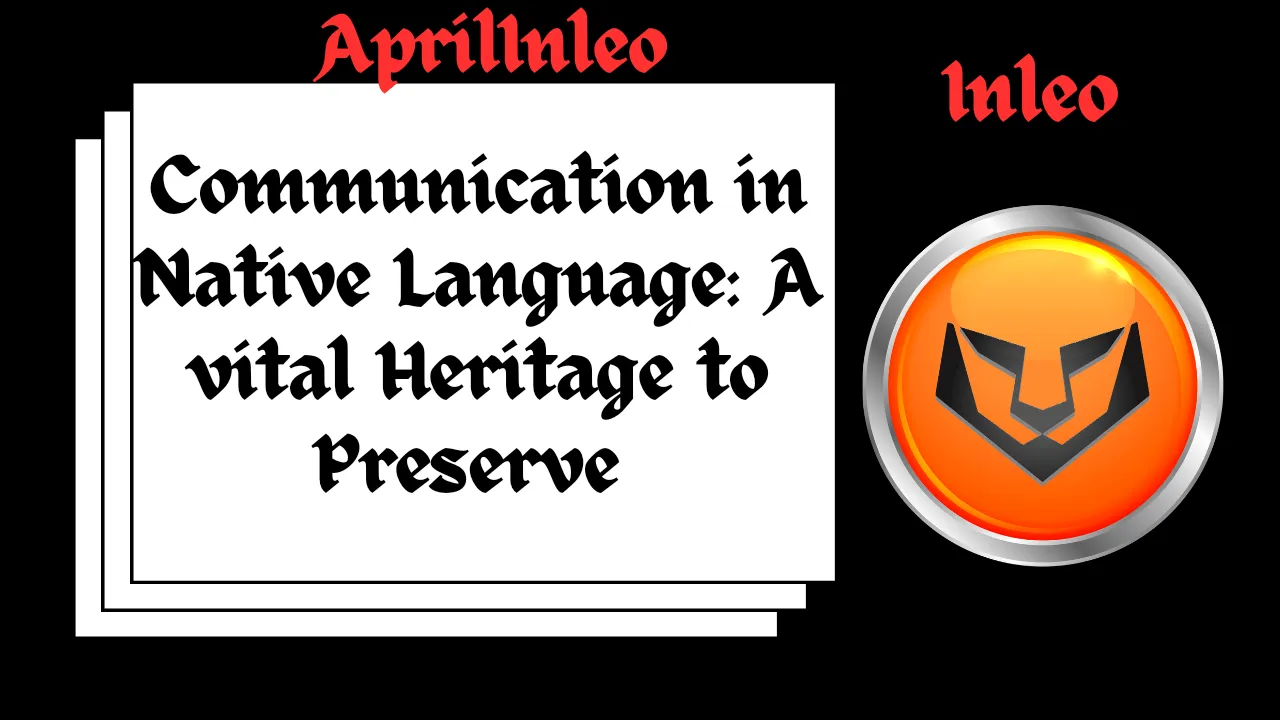
Preserving cultural heritage is a profound aspiration for numerous families. For our household, the principal obstacle lies in captivating our children's attention towards learning our mother language. Despite their affinity for conversing solely in English, instilling a connection to their linguistic origins remains an earnest pursuit. While my wife assumes the mantle of teaching, I endeavor to foster their linguistic journey through subtle encouragement and unwavering support, steadfastly guiding them towards embracing their cultural roots through language.
Advantages of Speaking the Native Tongue
There are numerous compelling reasons to underscore the importance of imparting our mother language to offspring. A big aspect of it revolves around enabling them to authentically identify with their ancestral roots. Our native tongue embodies their origins, and should serves as their primary communication medium, irrespective of their geographical locations.
Attaining fluency in speaking native tongue empowers a real sense of belonging within our expansive community and cultural sphere. Should they eventually relocate across borders, the ability to converse in their mother tongue ensures enduring bonds with friends and family in their home land.
Children must learn their native tongue to develop a robust sense of identity. Speaking one's mother language instills a profound connection with cultural traditions and the broader community. It forges a unique bond, even during casual exchanges among themselves. The intimacy of sharing a common language unites a family and nurtures a deep sense of understanding.
Depriving children of their native language would deny them the chance to truly belong. It would be an immense loss if they couldn't fully engage in conversations and relationships with loved ones due to a language barrier. Teaching them this invaluable skill transcends mere communication – it's about fostering a profound sense of belonging.
Most importantly, our native tongue carries cultural nuances impossible to translate directly. Specific vocabulary relates to centuries-old farming methods, traditional cuisines, festivals, folklore, and much more. I aim for my children to understand these intricate details and thought processes forming our ethnic identity. Fluency in the mother tongue enables them to truly connect with their ancestral roots and heritage.
Overcoming Challenges in Language Instruction
As mentioned earlier, teaching a new language demands dedication and perseverance. Fluency won't develop overnight, and obstacles will arise along the journey. However, surrendering is not an option - preserving our children's heritage holds paramount importance.
Language acquisition requires nurturing through patience and gentle guidance. With consistent exposure and conversational practice, their proficiency will naturally progress over time. Concurrently, the ability to converse privately in their native tongue holds significant value. This facilitates unrestrained communication, fostering a stronger connection among themselves and with their cultural roots, enhancing their sense of belonging and identity.
Preserving Cultural Heritage for Future Generations
Instilling our native language abilities in the young ensures they foster profound ties to the customs and legacies that shape our identity. They'll inherit a facet of our roots, to perpetuate for progeny. However, failing to prioritize imparting it now risks losing a pivotal thread of our family history. Safeguarding our heritage is a duty we owe to those who come after us to keep our heritage alive.
Conclusion
In the end, the dedication to teach our native language to our children transcends mere linguistics. It molds how they view themselves and nurtures a sense of belonging to a larger whole. If we wish them to harbor a robust sense of identity within our family and community, prioritizing this linguistic acquisition is very important. Through unwavering patience, encouragement, and perseverance, I am resolute in fostering their bilingual proficiency. The rewards manifest in preserving this integral facet of our identity for generations to come.